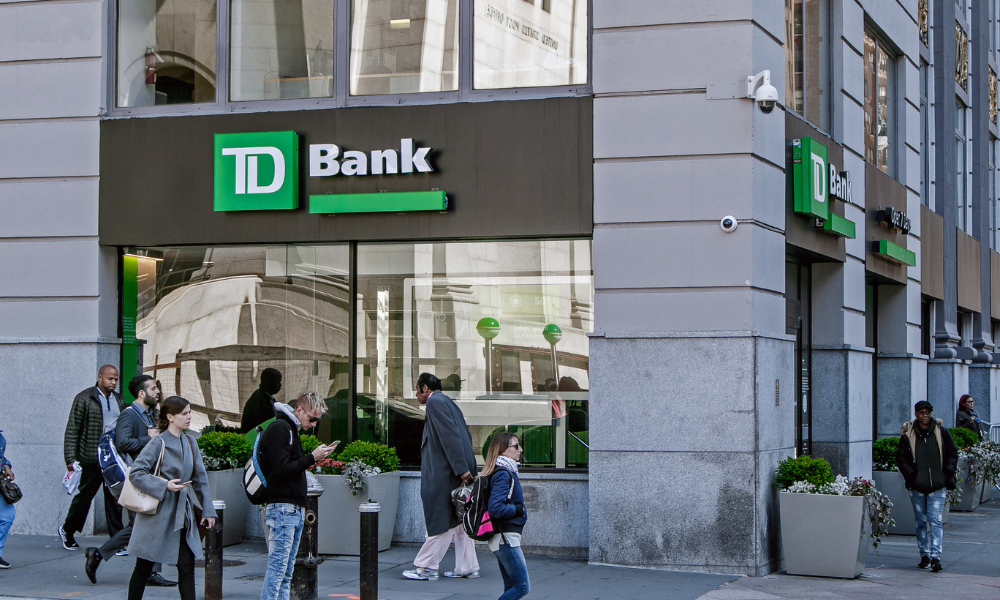'Cracks in the foundation' will become visible

Given TD's unsuccessful attempt to acquire First Horizon, Canadian banks are anticipated to disclose rising bad debt provisions and emphasize the risks associated with commercial property loans.
A Reuters report said that while the upheaval south of the border impacts on the whole banking industry, Bay Street analysts have reduced their profit projections for Canadian banks owing to greater expenditures and sluggish loan growth. However, investors still see them as more secure investments due to their robust capital levels.
Regarding bank earnings for the two-month period ending April 30, Barclays analyst John Aiken predicted that "cracks in the foundation" would become visible.
Aiken predicts pressure on bank values and a decline in optimism about their profit prospects. The management commentary over credit and revenue will be foremost in investors' thoughts, according to Aiken, who altered his projection for the sector from "positive" to "neutral."
"Unfortunately, we see more downside risk than upside," he added.
For the second quarter, leading banks are anticipated to record net interest income increases ranging from 3% to 30%, with Bank of Montreal likely to be the best performer as a result of its acquisition of Bank of the West. In the third quarter, loan provisions for most of the leading banks are expected to keep increasing.
For TD and BMO, net income is anticipated to increase by 5.7% and by 7%, respectively, while it will decrease between 6% and 17% for the other four banks. The Big Six banks' provision for credit losses is expected to climb by 28% from the preceding quarter, according to Keefe, Bruyette & Wood analyst Mike Rizvanovic, who attributes the increase to increased insolvencies and a push to bolster reserves.
BMO and Scotia Bank released their quarterly results today.
After media reports claimed that TD's anti-money laundering procedures caused the $13 billion bid for American lender First Horizon to fall through, analysts are expected to criticize the company's management. In response, TD stated that it strengthens its risk management processes and attempts to stop criminals from utilizing the bank for illicit purposes. Investors are eager to see how the lender intends to use the approximately $20 billion in extra cash it holds.
"The excess capital should alleviate investor concerns on capital adequacy and gives TD optionality once again," CIBC analyst Paul Holden said.
Compared to increases of 3% for other banks, Holden anticipates that TD and National Bank of Canada's dividend increases will be 5%.
With a 6% decline so far this year, TD is the Canadian major bank stock with the weakest performance. The gains for RBC, CIBC, National Bank (NA.TO), and Scotia Bank ranged from 0.5% to 12%. Concerns about banks' exposure to commercial property loans have been raised by empty offices in major cities, where occupancy rates are now around 50%.
According to the Bank of Canada, some homebuyers are showing indications of financial stress, and the capacity of households to pay down their mortgages is a growing source of concern.



